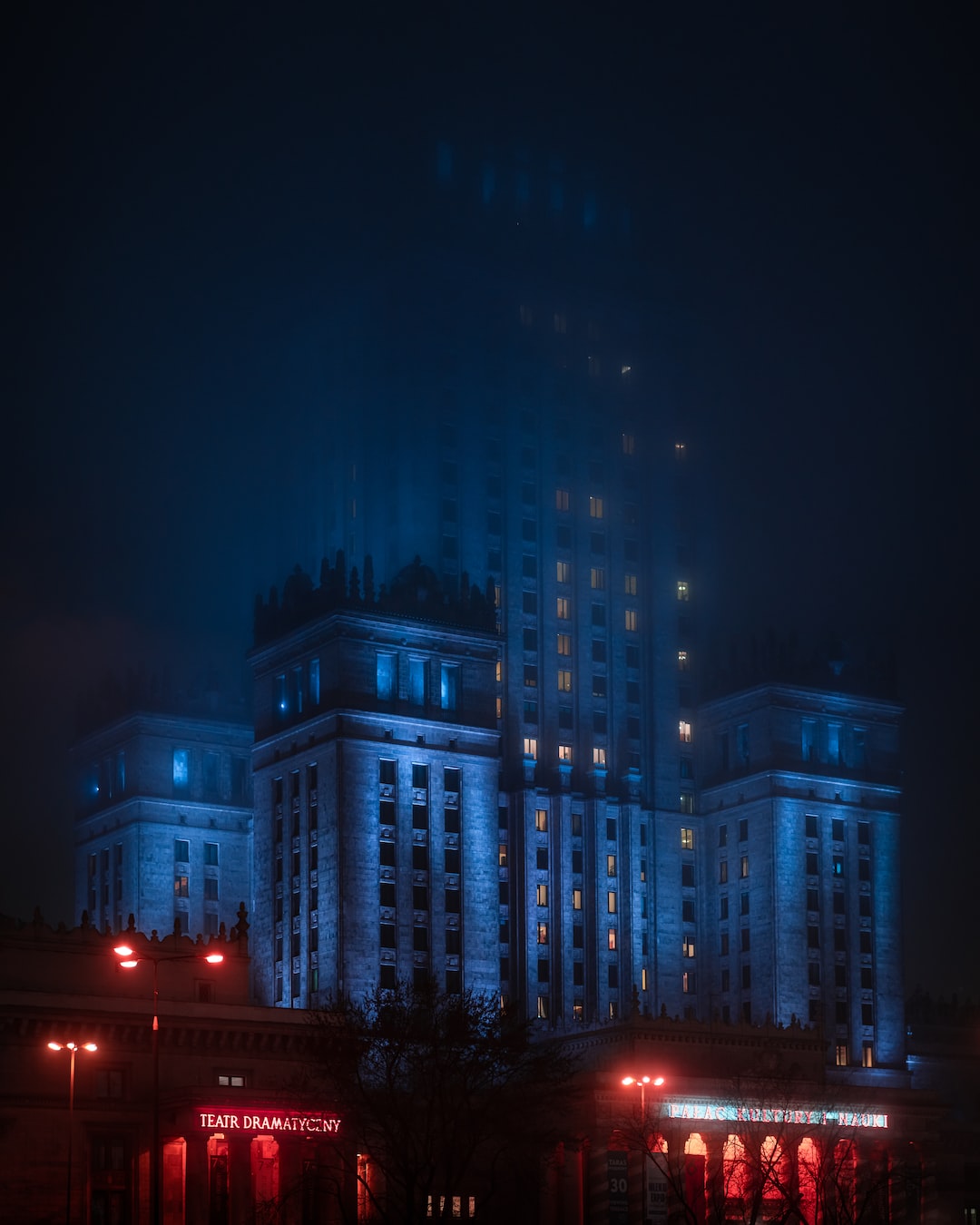Warsaw’s Architectural Treasures: From Gothic to Modernist
Warsaw, the capital of Poland, is not just a vibrant and bustling city but also a treasure trove of architectural gems. Having survived the devastation of World War II and subsequent reconstruction, the city now boasts a diverse collection of architectural styles, ranging from awe-inspiring Gothic structures to avant-garde modernist designs. Join us on a journey through this architectural tapestry, as we explore Warsaw’s rich history through its iconic buildings.
One cannot begin discussing Warsaw’s architectural treasures without mentioning the stunning gothic masterpiece, the St. John’s Archcathedral. Built in the 14th century, this awe-inspiring church is a symbol of both religious devotion and national pride. Its elegant façade with its countless intricate details, harmoniously blending Gothic, Renaissance, and Baroque elements, is a sight to behold. Step inside, and you’ll be spellbound by the soaring ceiling, beautiful stained glass windows, and ornate altars. The Archcathedral is not just an architectural gem but also a spiritual sanctuary, offering visitors a profound connection to the city’s history and culture.
Moving forward in time, we come across the regal Wilanów Palace, a shining example of baroque architecture. Built for King Jan III Sobieski in the 17th century, this magnificent palace is often referred to as the “Polish Versailles.” Set in a meticulously manicured garden, the palace exudes grandeur and opulence. Its ornate façade, adorned with statues and intricate reliefs, transports visitors back to a time of royal splendor. Step inside, and you’ll find lavishly decorated rooms, exquisite art collections, and a profound sense of history. Wilanów Palace is a testament to the city’s aristocratic heritage and a must-visit for anyone seeking to dive into Warsaw’s past.
As we move further ahead in time, we encounter the neoclassical beauty of the Royal Castle. Originally constructed in the 14th century, the castle has undergone several transformations throughout the centuries. It was the residence of Polish kings, the seat of government, and even served as the symbol of Polish resistance during the Warsaw Uprising of 1944. Today, the castle is a museum, showcasing a broad range of art and historical artifacts. Its elegant arches, imposing towers, and picturesque courtyard make it a quintessential example of neoclassical architecture.
Fast forward to the 20th century, and we find ourselves admiring the modernist masterpiece that is the Palace of Culture and Science. Erected in the 1950s, during the Soviet era, this skyscraper stands as a testament to Poland’s complicated history. While it may be a controversial symbol to some, the Palace of Culture and Science undeniably leaves a lasting impression on all who visit. Its towering presence dominates the city skyline, with its mix of neoclassical and socialist realism elements. Visitors can take an elevator to the observation deck and enjoy breathtaking panoramic views of the city while reflecting on the city’s past.
Another architectural gem that perfectly encapsulates Warsaw’s journey through the 20th century is the Warsaw University Library. Designed by noted Polish architect Marek Budzyński, this futuristic building is an embodiment of modernist design principles. Its sleek lines, innovative use of glass, and geometric shapes create a visually stunning and technologically advanced structure. The library not only houses an extensive collection of books but also serves as a cultural hub, hosting exhibitions, lectures, and performances. This modernist gem is a testament to Warsaw’s resilience and its embrace of contemporary architecture.
Warsaw’s architectural tapestry is not limited to these iconic buildings alone. The city is peppered with countless other architectural gems, each telling its own unique story. From the vibrant Praga district, with its industrial warehouses transformed into artistic spaces, to the post-modernist splendor of the Warsaw Financial Center, the city offers architectural treasures that cater to all tastes.
Warsaw’s journey through time is beautifully reflected in its buildings, showcasing a harmonious blend of the past, present, and future. Whether you are a history enthusiast, an architecture lover, or simply a curious traveler, Warsaw’s architectural treasures will enchant and leave an indelible mark on your soul. So, put on your walking shoes, grab a guidebook, and embark on a journey through this architectural wonderland.

